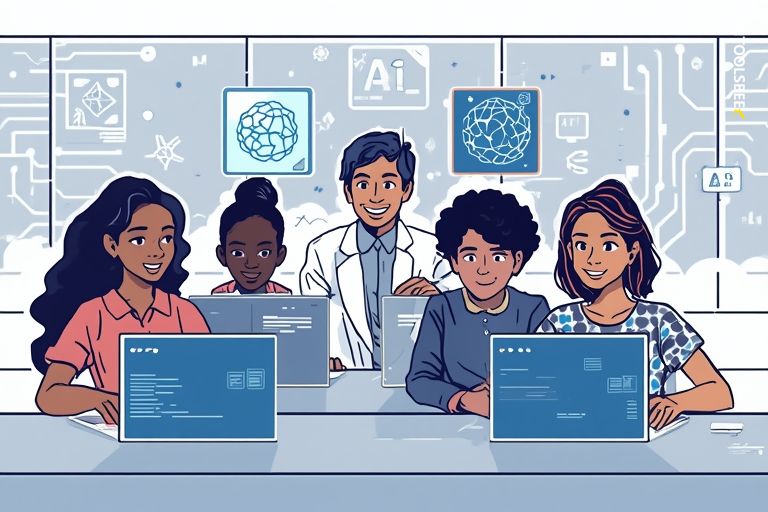
ChatGPT’s Impact on Education Prompts Redefinition of Cheating
The emergence of AI tools like ChatGPT has significantly transformed education, compelling high school and university educators to rethink teaching methods, assessment strategies, and the definition of academic integrity. Teachers report that AI usage among students is so prevalent that assigning essays or projects outside the classroom is akin to inviting academic dishonesty.
One educator described the situation as unprecedented, stating, "The cheating is off the charts. It's the worst I've seen in my entire career," according to an interview with AP.
Teachers now operate under the assumption that "anything you send home" might be completed by AI. The focus has shifted from whether students use AI to how educational institutions should adapt to its ubiquity and determine what constitutes cheating in this new environment.
Educators nationwide are adapting in various ways. One teacher mentioned requiring students to complete most writing assignments in class, using software to monitor laptop screens and restrict website access. Instead of banning AI outright, he incorporates it into lessons, encouraging students to use it as a study aid rather than a shortcut.
This trend is observed across institutions, with another teacher emphasizing in-class writing and utilizing verbal assessments to ensure students can articulate their understanding of texts.
The temptation for students is evident: With a simple prompt, AI can quickly generate essay topics, provide supporting quotes, or draft introductions and outlines.
The article highlights a common book-review assignment, noting that many students now turn to ChatGPT for "brainstorming." Within seconds, the tool generates essay ideas complete with examples and quotes, offering further assistance: "Would you like help writing any part of the essay? I can help you draft an introduction or outline a paragraph!"
Policies vary not only across schools but also within the same institution, with some teachers allowing limited AI tools like Grammarly for grammar checks, while others prohibit them for offering sentence rewrites.
Initially, many schools banned AI use following ChatGPT's launch in late 2022, but attitudes have evolved. "AI literacy" has become a buzzword, as educators strive to balance AI's benefits with its risks.
Over the summer, universities convened task forces to address the issue. The University of California, Berkeley issued guidance instructing faculty to include explicit statements on their syllabi about AI use. The recommendations included three options: requiring AI, banning it, or allowing limited use. The guidance warned that without clear expectations, students are more likely to misuse the technology.
Carnegie Mellon University has reported a rise in academic responsibility violations linked to AI, but educators note that many students are unaware they are breaking rules. Faculty have been informed that a blanket ban is "not a viable policy" unless professors also revise teaching and assessment methods. This has led to a shift away from traditional take-home assignments. Some instructors are returning to in-class, handwritten exams, while others have adopted flipped classrooms, where students complete homework during class under supervision.
As AI becomes integrated into daily life, educators agree that traditional teaching methods are no longer adequate. The challenge lies in establishing new boundaries of academic honesty while leveraging AI as a legitimate learning tool rather than a means of academic misconduct.

From rising startups to breakthrough innovations, she connects the dots across the global AI ecosystem.

